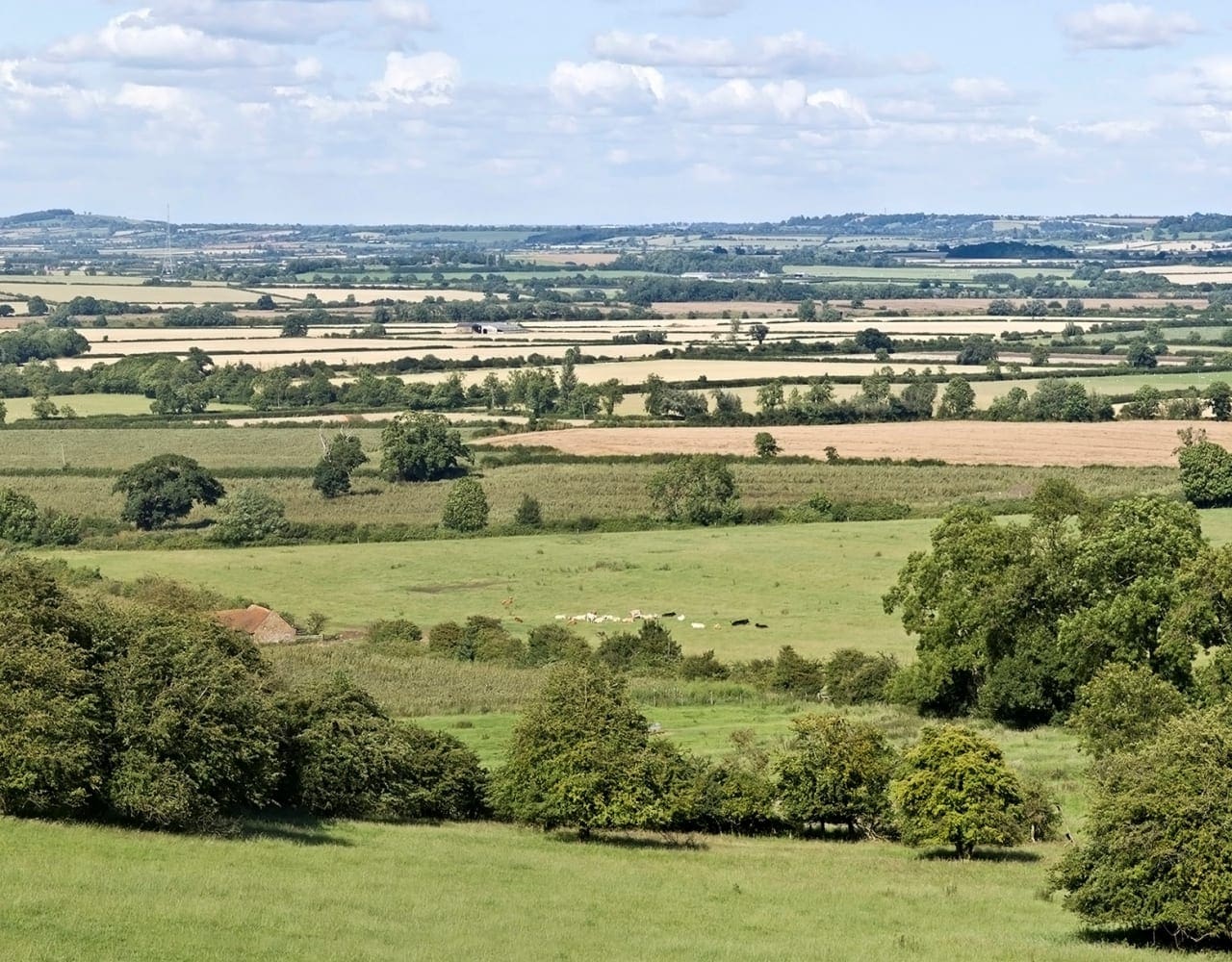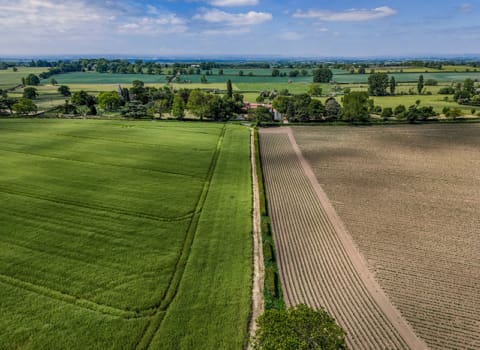Contact our offices
Main office
COLBURN
5 & 6 BAILEY COURT
COLBURN BUSINESS PARK
RICHMOND
NORTH YORKSHIRE
DL9 4QL
Estate Agency Offices are located in
BARNARD CASTLE, BOROUGHBRIDGE & RICHMOND
Residential Management Team
Our Offices
- Alnwick
01665 568310
Email Officealnwick@gscgrays.co.uk - Barnard Castle
01833 637000
Email Officebarnardcastle@gscgrays.co.uk - Boroughbridge
01423 590500
Email Officeboroughbridge@gscgrays.co.uk - Chester-Le-Street
0191 3039540
Email Officechester-le-street@gscgrays.co.uk - Colburn
01748 897630
Email Officecolburn@gscgrays.co.uk - Driffield
01377 337180
Email Officedriffield@gscgrays.co.uk - Hamsterley
01388 487000
Email Officehamsterley@gscgrays.co.uk - Hexham
01434 611565
Email Officehexham@gscgrays.co.uk - Kirkby Lonsdale
01524 880320
Email Officekirkbylonsdale@gscgrays.co.uk - Penrith
01768 597005
Email Officepenrith@gscgrays.co.uk

Brexit & The Land Market
The Referendum on the 23rd June and the UK’s exit from the European Union marks a transition period for the UK Economy and British Agriculture. That said until Article 50 of the Lisbon Treaty is finally invoked little is anticipated to change from an agricultural policy perspective with CAP support predicted to be maintained until circa 2020.
Whilst Sterling has hit a 30 year low and there has been increased volatility and fluctuations on the World’s Stock Markets, agricultural commodity prices have improved over the last couple of weeks as a consequence of a weaker pound and an improved export market. However, the future of the UK agricultural industry is uncertain and will largely be dependent on trade negotiations with the EU, the possible imposition of tariffs and whether farm support payments remain.
We are already witnessing a digression of direct support and increased emphasis on greening and this is likely to continue and ultimately direct subsidies could potentially be abolished. Rationalisation and restructuring within the industry is anticipated to be exacerbated over the coming years, which could potentially lead to an increase in farms/land coming to the market as smaller or more inefficient producers choose to cease production and either sell or let their holdings.
Whilst the UK will now have “free rein” to develop its own agricultural policy and hopefully reduce the “red tape” previously imposed by Brussels it is difficult to predict how this will be implemented, what, if any “red tape” will be reduced and whether the new UK agricultural policy will include any support mechanisms at this juncture.
Increased uncertainty and anxiety as a consequence of exiting Europe is inevitable but at this very early stage of the process it is difficult to forecast the ramifications on the land market. We do however envisage continued divergence between well-equipped quality units and inferior/peripheral holdings as purchasers become increasingly discerning. Nevertheless the continued scarcity of supply, low interest rates (which are now predicted to fall below 0.5%) and favourable tax regimes means farmland should still remain an attractive investment proposition. Time will tell!
[team-member name=”Ashley Dodgson”]









